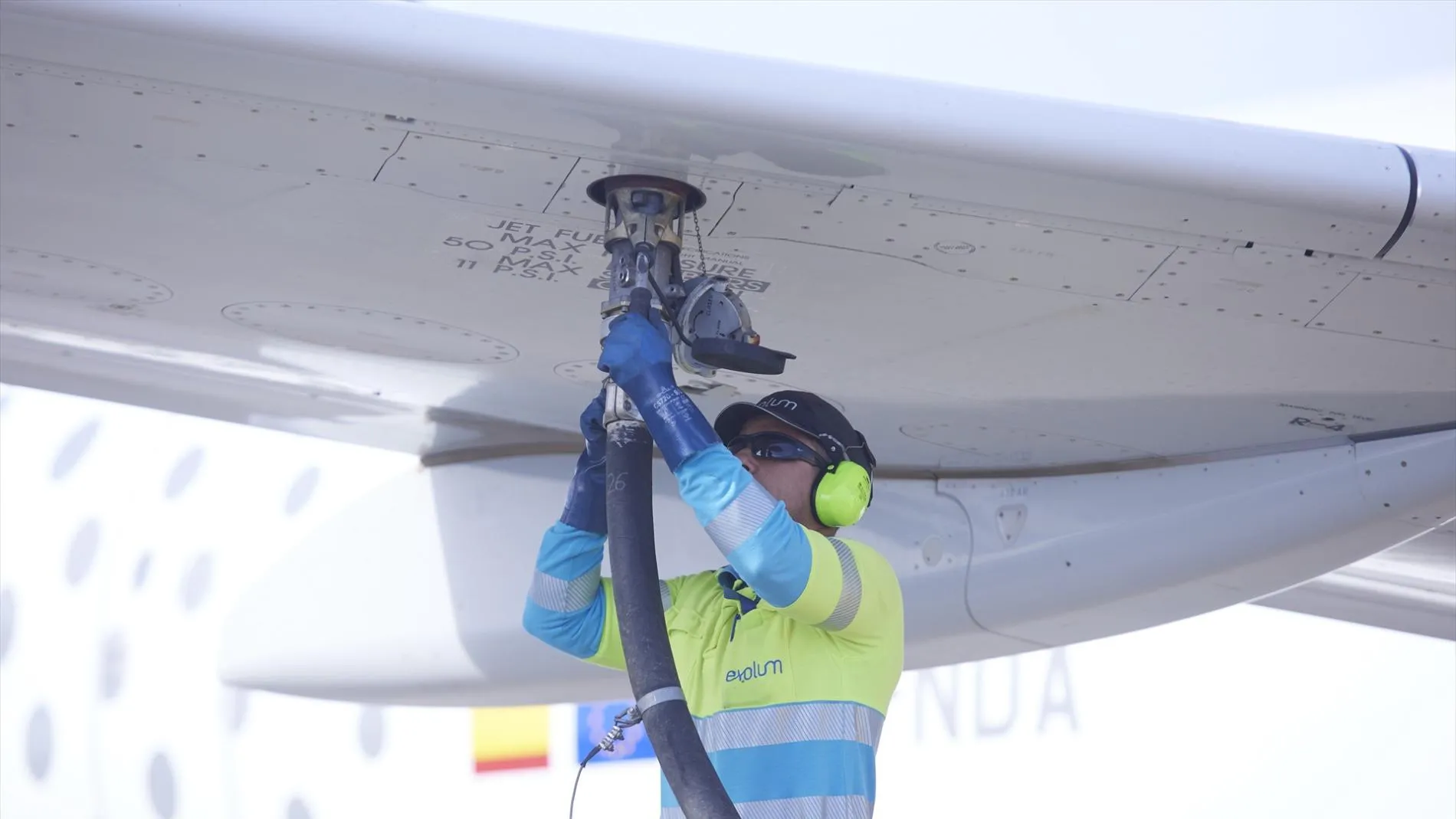Brazil, along with other emerging countries like China, India, and South Africa, could contribute up to 50% of the global emissions reduction target for CO2 in transportation, according to a recent study by the International Energy Agency (IEA).
According to this report, it is projected that the use of biofuels in these nations will prevent the emission of between 300 and 400 million tons of carbon dioxide (CO2) by the year 2030. This effort is aligned with the global goal of reducing 800 million tons of CO2 in the transportation sector.
In this regard, Brazil stands out for its leadership in the use of ethanol and biodiesel, which has annually reduced 62 million tons of emissions, significantly contributing to energy sustainability in the region. In fact, the report highlights that countries in Latin America, such as Brazil, Argentina, Colombia, and Guatemala, have vast land areas available for the production of biofuels without competing with agriculture for food.
For example, using just 5% of pasture areas could double the production of biofuels in this region. Additionally, in Asia, countries like Indonesia, Malaysia, and India also have favorable conditions for expansion, thanks to their resource availability and the need to diversify their energy sources to reduce dependence on imported oil.
 Brazil is one of the countries leading the reduction of emissions caused by transportation.
Brazil is one of the countries leading the reduction of emissions caused by transportation.
Environmental and Economic Impact of Biofuels
The study emphasizes that biofuels can reduce greenhouse gas emissions by up to 78% for biodiesel and up to 84% for ethanol compared to conventional fossil fuels.
This potential is particularly relevant in countries like India and Indonesia, where biofuels not only offer lower carbon intensity but also provide a solution to the negative impacts of fossil fuel use, such as acid rain caused by the high sulfur content in traditional diesel.
 air transport
air transport
Challenges and Opportunities for Emerging Countries
Despite the advantages of biofuels, emerging countries face significant challenges in financing, technological development, and establishing public policies that promote biofuels.
In Malaysia, subsidies for fossil fuels hinder the economic competitiveness of renewable fuels, while in China, competition with food production drives up raw material costs. However, these countries have the opportunity to replicate Brazil’s success by strengthening their local economies and advancing their decarbonization goals through a coordinated and sustainable approach.
Have you visited our YouTube channel yet? Subscribe now!

